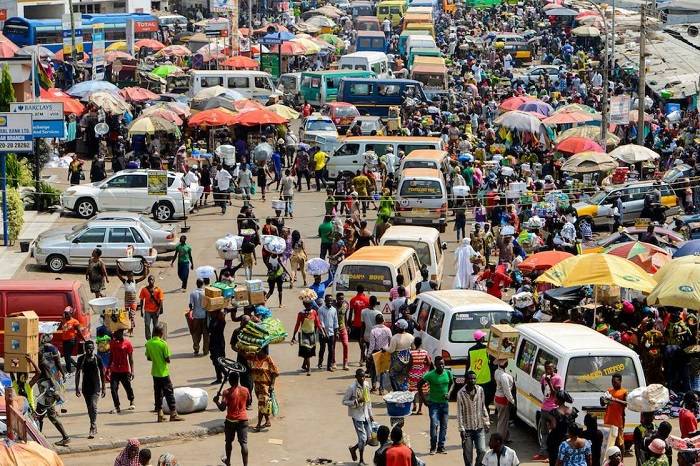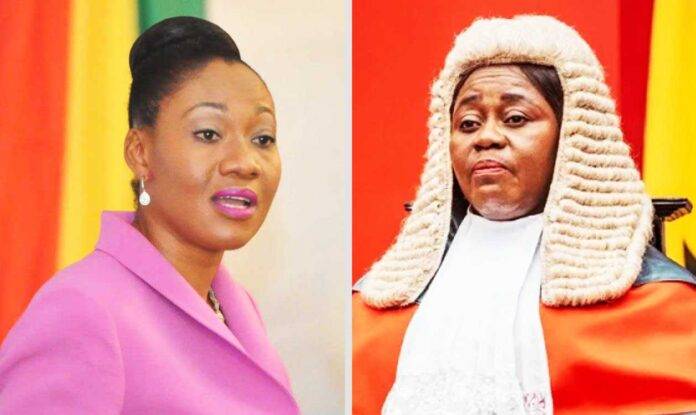"Justice is not blind, but rather, it has a keen sense of smell for hypocrisy." In the realm of Ghanaian politics, it appears that some individuals possess a selective memory, conveniently forgetting past transgressions when it suits their interests.
The background to this controversy lies in the actions of former President Nana Addo Dankwah Akufo Addo, who during his tenure, made several decisions that were met with widespread criticism and opposition. Notably, the removal of the former Electoral Commission Chair, Madam Charlotte Osei, and the former Auditor General, Mr. Yao Domelevo, were decisions that many Ghanaians challenged and demanded be reversed.
A former Deputy Attorney-General, Alfred Tua Yeboah, has described the advice to suspend the Chief Justice given by the Council of State as "acidic and poisonous." He emphasized the need for caution, given the far-reaching consequences of their decision on judicial independence in Ghana. The Constitution stipulates that the President's decision is final, and the buck stops with him.
President John Dramani Mahama has taken action in accordance with Article 146(6) of the Constitution, suspending the Chief Justice pending the outcome of a committee's proceedings. The President has followed the required procedures, consulting with the Council of State and establishing a committee to investigate the petitions against the Chief Justice.
The committee's composition, which includes respected members of society, ensures a fair and impartial investigation. Critics, including Austin Brako-Powers, a private legal practitioner, have argued that the suspension is a needless spectacle. However, it's crucial to recognize that the President's actions are guided by the Constitution and the need to uphold the rule of law.
The NPP's criticism of President Mahama's actions rings hollow when considering their own record during Akufo Addo's administration. The selective outrage displayed by these critics suggests that their primary concern is not the rule of law or the Constitution but rather, their own partisan interests.
In this context, it's essential to allow President Mahama to execute his constitutionally mandated duty without interference from partisan critics. The President's actions are guided by the Constitution, and he has consulted with the Council of State, as required by law. The committee's investigation will provide a fair and impartial outcome, and the rule of law will be upheld.
In summary, President Mahama's actions are a testament to his commitment to upholding the Constitution and the rule of law. As the saying goes, "Justice delayed is justice denied, but justice served is justice delivered." Let's stand united in support of the Constitution and the rule of law, allowing President Mahama to execute his duties without partisan interference.




No comments yet
Be the first to share your thoughts!